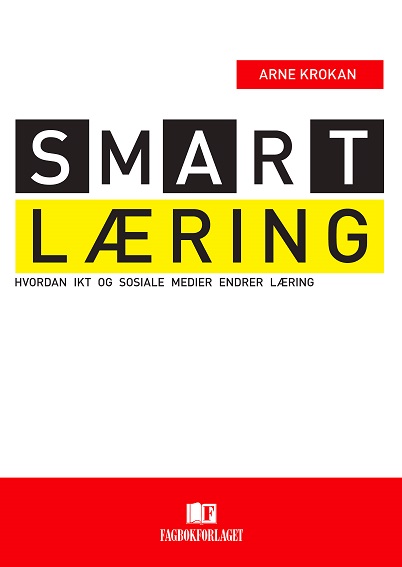Book review. Smart læring. Hvordan IKT og sosiale medier endrer læring (Smart learning. How ICT and social media are changing learning).
DOI:
https://doi.org/10.7577/formakademisk.752Keywords:
Lærerutdanning, IKTAbstract
Smart læring. Hvordan IKT og sosiale medier endrer læring (Smart learning. How ICT and social media are changing learning). Haakonsen believes that it is a concise, informative and useful book that makes a case for how we can and why we should use ICT and digital media more in schools. Having given a general overview of various theories of learning and teaching paradigms that have relied upon in the past few decades (referred to as ‘industrial society’), the author discusses how the learning potential of the internet and social media is not fully utilised in schools today. Krokan is concerned that ICT works on its own terms, rather than mimicking and replacing operations that have been undertaken in analogy earlier. A computer is more than a digital typewriter, and this is a point that is used in the discussion about how fruitful it can be to ensure that the internet and social media are used more often in teaching.

Downloads
Published
How to Cite
Issue
Section
License
Authors who publish with this journal agree to the following terms:
- Authors retain copyright and grant the journal right of first publication with the work simultaneously licensed under a Creative Commons Attribution 4.0 License that allows others to share the work with an acknowledgement of the work's authorship and initial publication in this journal.
- Authors are able to enter into separate, additional contractual arrangements for the non-exclusive distribution of the journal's published version of the work (e.g., post it to an institutional repository or publish it in a book), with an acknowledgement of its initial publication in this journal.
- Authors are permitted and encouraged to post their work online (e.g., in institutional repositories or on their website) prior to and during the submission process, as it can lead to productive exchanges, as well as earlier and greater citation of published work (See The Effect of Open Access).
- The author(s) must manage their economic reproduction rights to any third party.
- The journal makes no financial or other compensation for submissions, unless a separate agreement regarding this matter has been made with the author(s).
- The journal is obliged to archive the manuscript (including metadata) in its originally published digital form for at least a suitable amount of time in which the manuscript can be accessed via a long-term archive for digital material, such as in the Norwegian universities’ institutional archives within the framework of the NORA partnership.
The material will be published OpenAccess with a Creative Commons 4.0 License which allows anyone to read, share and adapt the content, even commercially under the licence terms:
This work needs to be appropriately attributed/credited, a link must be provided to the CC-BY 4.0 licence, and changes made need to be indicated in a reasonable manner, but not in any way that suggests that the licensor endorses you or your use.



